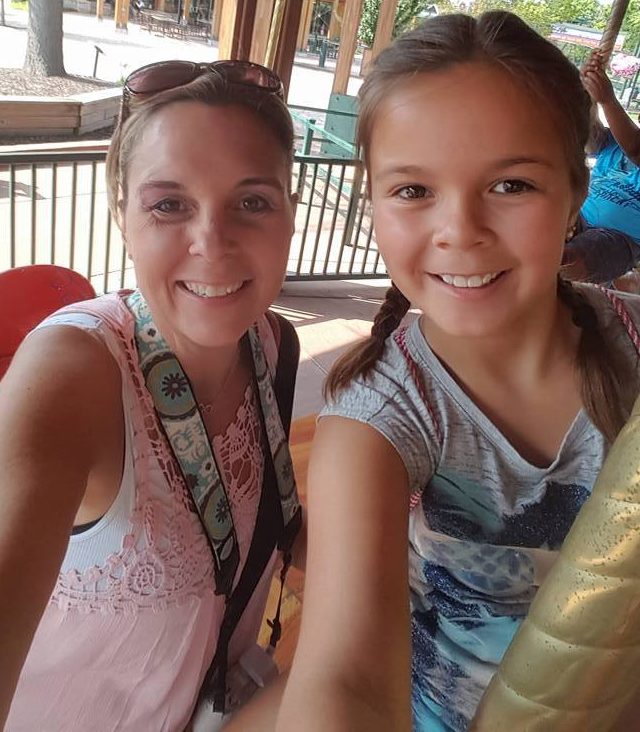The Facts about the HPV Vaccine
This post brought to you Children’s Mercy. All opinions are my own.
My youngest daughter is almost 11, and I know that the time to make a decision to or not to vaccinate against HPV is around the corner. With more than 30,000 Americans being diagnosed with cancer caused by HPV every year in the US I felt the need to reach out to Dr. Barbara Pahud, Associate Director of Vaccine and Treatment Evaluation at Children’s Mercy Kansas City, to look deeper into the facts about this vaccine.

Did you know …. ?
·Human papilloma virus (HPV) is a cancer causing virus that causes infection in millions of Americans.
· Every year nearly 4,000 women die from cervical cancer.
· Approximately 80 million Americans are infected with HPV and 14 million new people become infected every year
Why the vaccine matters.
“Most people never know they are infected because the infection may resolve without any signs or symptoms,” Dr. Pahud said. “That is why vaccinating is so important — you never know if your child could be one of the people infected with HPV that doesn’t resolve and leads to cancer. It is like wearing your seatbelt, you never know if you are going to be in an accident.”
According to the CDC website:
Clinical trials showed HPV vaccines provide close to 100% protection against cervical pre-cancers and genital warts if given at the right age, before any exposure to HPV. Since the first HPV vaccine was recommended in 2006, there has been a 64% reduction in vaccine-type HPV infections among teen girls in the United States. Studies have shown that fewer teens are getting genital warts and cervical pre-cancers are decreasing. In other countries, such as Australia, where HPV vaccination coverage is higher than in the United States, large decreases have been observed in these HPV-associated outcomes. HPV vaccines offer long-lasting protection against HPV infection and HPV disease. There has been no evidence to suggest that HPV vaccine loses any ability to provide protection over time. Data are available for about 10 years of follow-up after vaccination.
Who should be vaccinated:
· The vaccine is recommended for girls and boys starting at age 9 up to age 26.
· When the vaccine is given before age 15, two doses are needed to complete the series, at age 15 or later, 3 doses are needed. This difference is due to the fact that teenagers who get the vaccine before age 15 develop better immunity because they have never been exposed to HPV. Older teenagers are more likely to have been exposed, so we give them three doses.
“This vaccine has been rigorously studied and given to millions of children across the world. It is as safe as the other vaccinations that are given to children at the same time,” Dr. Pahud said. “I know it is an emotional decision for parents, but they need to think about the fact that if you give the vaccine at age 9, you are preventing your 30-year-old daughter from getting cancer.”
I’m glad I took the time to dive a little deeper into these HPV vaccine facts. When faced with the decision this fall, I can now make an informed decision.
Watch as Dr. Pahud further explains how this vaccine can impact your child’s health on the Children’s Mercy website. You can find fast facts about HPV here. Of course, don’t forget to follow Children’s Mercy on Facebook and Twitter for the latest from the hospital.
















Add Your Comment